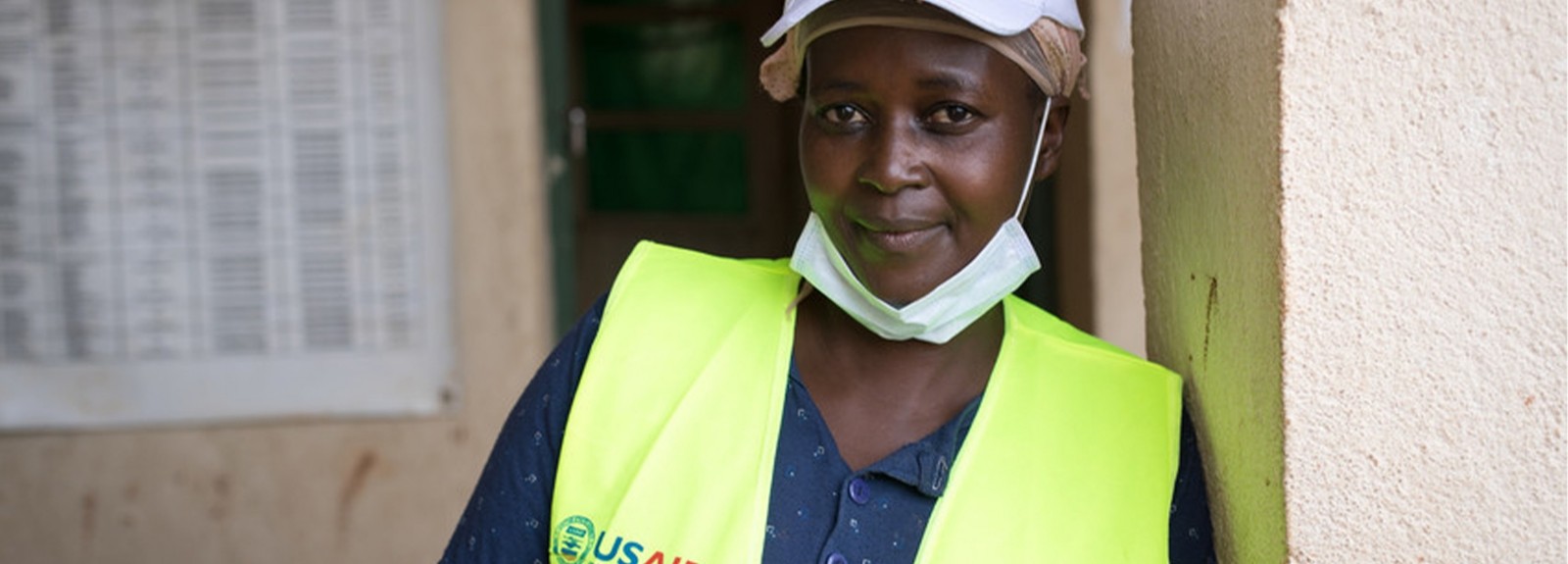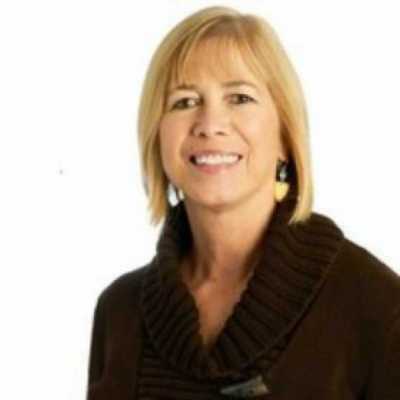Before the COVID-19 pandemic, as Ebola raged around her clinic in Kyangike, Democratic Republic of Congo, Giselle Katunda knew it wasn't the availability of a vaccine alone that would protect her as a health worker.
Because of you, she had personal protective equipment and training in how to use it. It was the newly-constructed handwashing stations that, like many others, brought her clinic its first safe source of water. It was temperature monitoring and contact tracing and infection prevention instruction and a host of other interventions that, together, keep these neighbors of ours safe from Ebola, thanks to your love.
Now comes the danger of the novel coronavirus pandemic. The availability of a vaccine against COVID-19 and its variants is the part of the iceberg we see. There is much lurking underneath we must address.
The well-being of the world — including those of us who live in wealthier nations — is very much tied to the well being of our poorest neighbors. “The emergence of variant strains of the coronavirus that could end up being more resistant to the existing vaccines is a reminder that as long as the coronavirus is raging unchecked somewhere in the world, it is a potential threat everywhere in the world,” World Health Organization Director-General Tedros Adhanom Ghebreyesus told a special meeting in Geneva this week. "Not only does this me-first approach [to vaccines] leave the world's poorest and most vulnerable people at risk — it's also self-defeating."
The me-first approach has applied to virtually every other resource blessing wealthy nations, including the provision of health services. The UN’s goal of achieving universal healthcare coverage by 2030 isn’t impeded by the pandemic alone. Barriers in education, availability of health infrastructure, government support, cultural attitudes, logistics and more keep access to health services — including vaccines — out of reach for millions of neighbors in need, because they are born poor.
The availability of treatments for wealthier nations at the expense of poorer neighbors is nothing new: polio, HIV and AIDS, tuberculosis, malaria...the list continues of maladies many of us rarely think about, but remain a very real threat, on the minds of all — including moms and dads who just want the best for their families, like you and me.
Loving our neighbors means keeping them safe from a disease known to be a deadly threat. It will take a lot to keep our neighbors safe, including making sure they have access to the vaccine and all of the other things we take for granted that support it: trained health workers, access to scientific understanding, data-informed decision making, sanitation and more.
The WHO’s Dr. Ghebreyesus got right to the point: "The world is on the brink of a catastrophic moral failure." Loving our neighbors – — with vaccines, with safe water, with access to health care and all that supports it - — just might be what keeps us from going over the edge.



